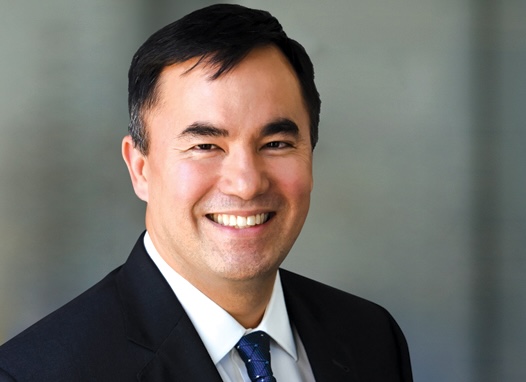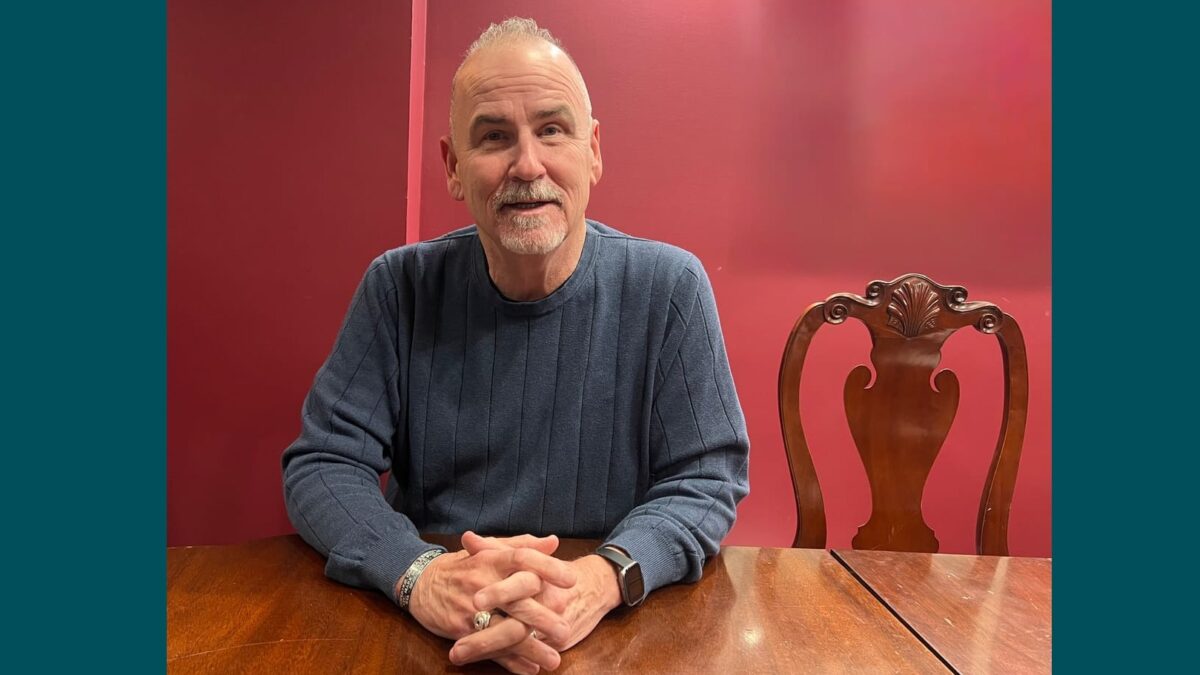Abhi Samuel: It’s not just the messaging
Gavin Newsom. Bernie Sanders. PA’s Bob Casey. They all have something in common. Yes, they’re all Democrats; that’s obvious. But they have also been in the news discussing their party’s messaging — that is, what issues the party should be discussing with voters, and how they should be discussing that political messaging.
They’ve realized — perhaps a little late — that voters fundamentally care about kitchen table issues. Americans want to know the answers to questions both big and small.
They want to know how they will provide for their families.
With their 401Ks depleting, they want to know whether they’ll be able to retire or if they’ll have to work into their 70s.
They want to know whether the price of basic necessities like gas, food, clothing and utilities will rise unabated, week after week.
They want to know if they can still go downtown to enjoy local theater, or see the new display at the museum without having to worry about their cars being broken into, or worse yet, being held at gunpoint, and much more.
These are more than kitchen table issues. These are quality of life issues.
The Americans who ask these questions can’t be assuaged by better political messaging. Indeed, the very idea that better messaging would overcome real and sometimes existential problems is demeaning.
READ MORE — Abhi Samuel: Three opportunities to show courage — and reclaim American values
Of course, Newsom, Sanders, Casey and other Democrats have political capital to gain by starting the finger-pointing well before electoral results have been codified. It also illustrates how deeply out of touch they are from the daily considerations and struggles of most Americans.
Most Americans are still reeling from the effects of business closures, job losses, mask and vaccine mandates, and their kids’ learning losses. Indeed, most Democrat Governors were relentless in forcing conformity despite new and changing evidence, or that the public knew certain groups were receiving preferential treatment and the government was being contradictory, even hypocritical in their treatment of some businesses and political organizations. Moreover, they didn’t care that their overreach violated the laws of the land.
To make matters worse, their post-pandemic decisions included reducing investment in law-enforcement and expanding the money supply and the subsidized joblessness. Democrats have exacerbated an already precarious situation to a degree that a simple change in messaging cannot fix.
The relationship between American citizens and their government is fundamentally broken.
If anything, the conversation about what political messaging the party should have picked shows even more clearly a disconnect between the people who inhabit Washington, DC most of the year, and those in the rest of the country.
Their myopic zeal for power indicates a disdain for the citizenry. They tell themselves, “If only we could tweak a few words here or there, or emphasized this over that! We could have duped Americans into believing we should rightly hold onto the power that was sacredly bestowed on us in the first place!”
Here’s what they fail to realize: Elections come and go, as do political careers, but when something as critical as trust in government is breaking — maybe already broken — you can’t piece it back together by recruiting the best speaker or marketing agency.
In an era when people crave authenticity, our politicians are attempting to manufacture it. Shortly after the presidential election, it became abundantly clear President Biden is not “the great unifier.” It has also become clear that, try as they may, a different message will only paper over the cracks forming in America’s political and cultural landscape.
Abhi Samuel is an O.V. Catto Fellow, a husband and a dad. Having grown up in a socialist nation, he believes free markets and limited government are the greatest poverty eradication programs known to man.




